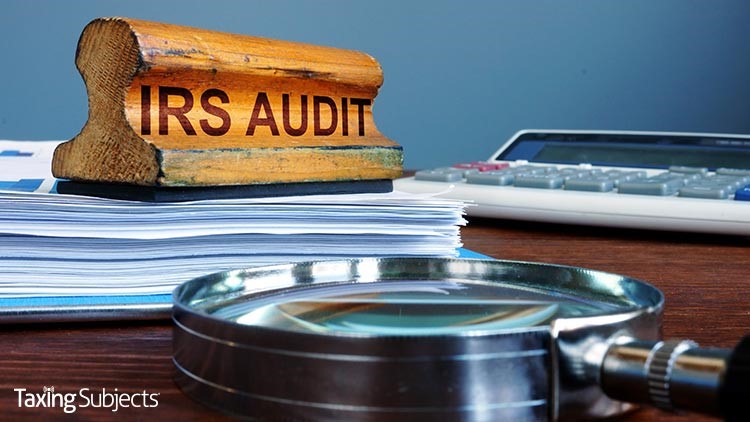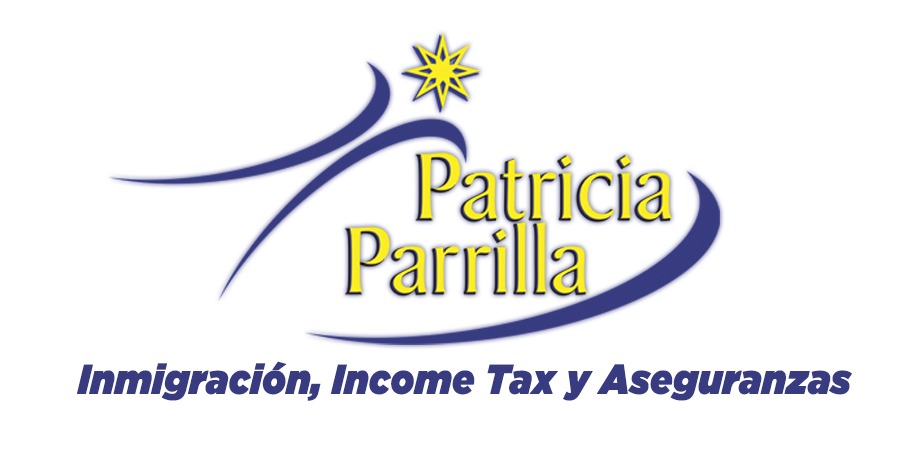
The office closures suffered by the Internal Revenue Service during the opening weeks of the coronavirus pandemic lead to a near shutdown of the agency’s audit program, a new report suggests.
Between April 1 and July 15, the IRS did not start new field, office, or correspondence audits as part of the “People First Initiative” — unless the statute of limitations would run out and keep the IRS from continuing a case later. All in-person meetings in ongoing examinations were also suspended.
The yearly report issued by the Taxpayer Advocate Service (TAS) says the agency tried to work existing audit cases and refund claims remotely during the shutdown period whenever it was possible. Nevertheless, the report finds that the IRS just couldn’t catch up.
IRS data show that corporate audits during that time fell by 71%; partnership audits were down 79% during the same period, while individual audits were 65% lower than the year before.
Does the report contain contradictory advice?
The TAS report says the IRS advised taxpayers to continue to respond to any IRS examination notice they’d already received — even if it was only to explain why they couldn’t fully comply with the IRS request. But with phone lines temporarily closed and millions of pieces of mail unopened at the IRS, taxpayers’ options for communication were limited at best.
TAS concedes that the IRS did allow taxpayers and representatives to respond by e-fax and could use digital signatures in certain circumstances.
Nevertheless, “Many taxpayers may have trouble obtaining acceptable requested documentation in a timely manner. This leads to delays in examinations, and the IRS may request an extension of the statute of limitations on assessment,” the report finds.
Taxpayers, the Taxpayer Advocate states, will have to weigh the pros and cons of signing statute of limitation extensions, especially when the delay was caused solely by the IRS shutdown.
The report says the way around the bottleneck is clear: “TAS plans to protect taxpayers’ right to challenge the IRS’ position and be heard by ascertaining the status of their audits when the IRS fully reopens and working with the IRS to accept alternative documentation.”

 Patricia Parrilla Tax Services
Patricia Parrilla Tax Services